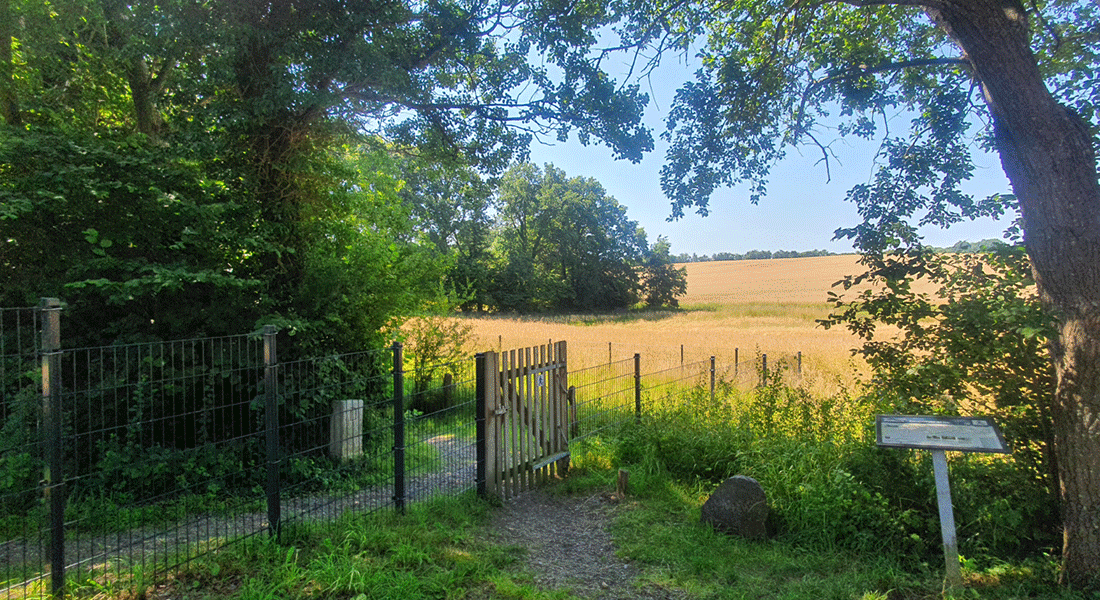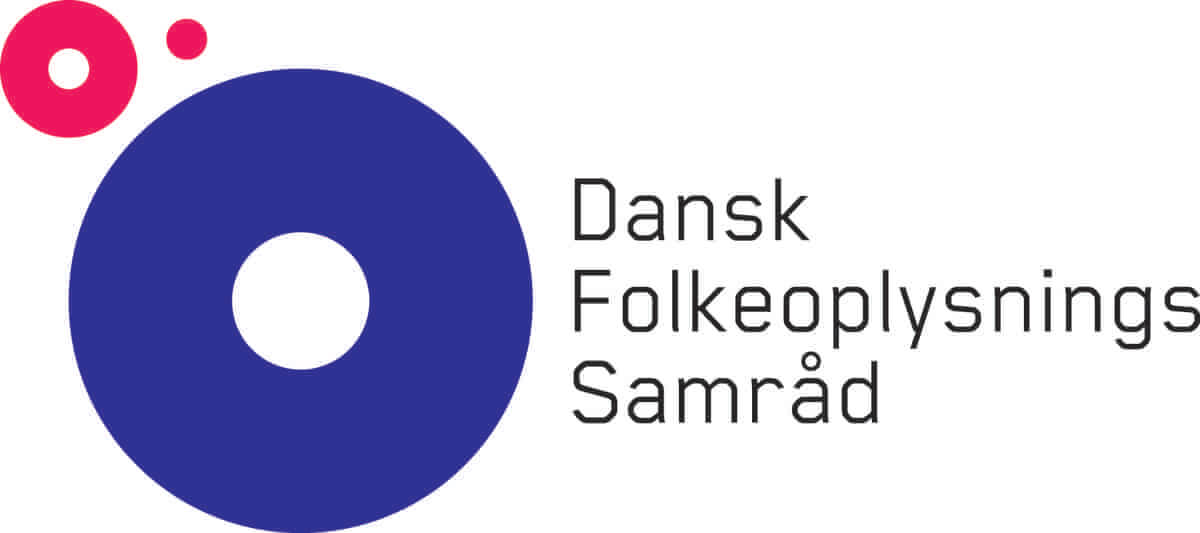Restarting the conversation on European borders: the case of the Danish-German borders
This project aims to develop research-based teaching materials about the Danish-German border for use in Danish lower and upper secondary schools. The purpose of the teaching materials is to foster informed in-class debate about the changing role of borders in Denmark and Europe in.

The project takes its point of departure in the return of border fences and border control at the Danish-German border. In 2016, as a means of regulating the arrival of refugees, temporary border control was initiated. The border control has been renewed every six months ever since and is still in place as of 2023. In 2019, a wild boar fence was erected along the land border to prevent wild boars from carrying swine flu across the border. In 2020, COVID-restrictions sealed off the border, allowing only Danish passport holders and other closely affiliated citizens to cross the border into Denmark.
Based on interviews with inhabitants, civil society organizations and authorities in the border region, the project explores how the sudden return of border control and border fences have affected the region’s everyday life. The insights generated through interviews will be used to develop dilemma cards and other teaching materials, which will make young students capable of discussing difficult and complex questions such as, what do we lose by reintroducing border barriers, and what do we get in return?
Researchers
Internal
| Name | Title | Phone | |
|---|---|---|---|
| Kristensen, Marlene Paulin | Teaching Associate Professor | +4535334031 |
External
- Gunvor Vestergaard, e-mail: gv@graenseforeningen.dk
Funding
The project is funded by Dansk Folkeoplysnings Samråd, and developed by Gunvor Vestergaard, educational consultant at Grænseforeningen, and Marlene Paulin Kristensen, teaching assistant professor, PhD, UNCPH, in dialogue with Efterskoleforeningen.
Project period: juli 2023 - december 2023.

